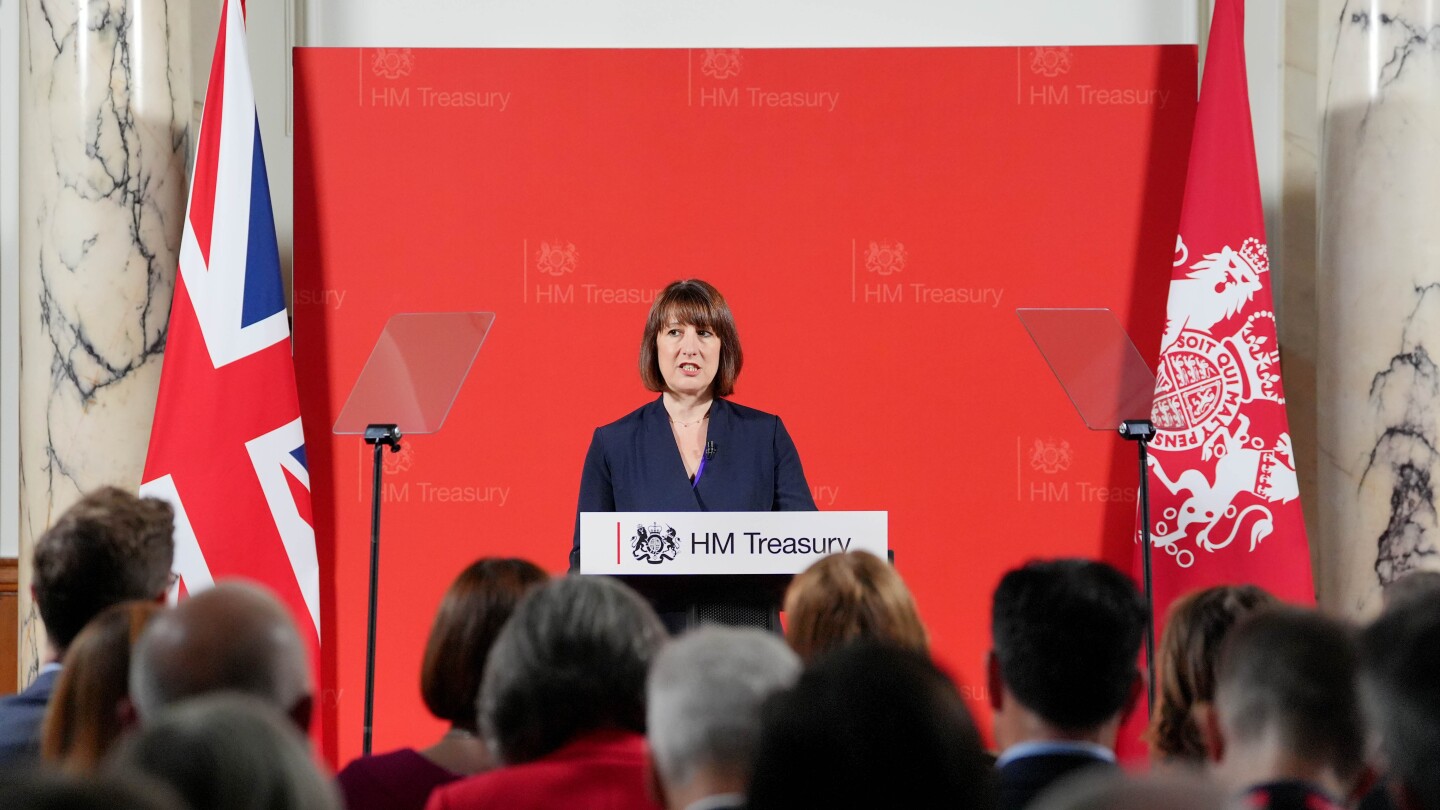- PE 150
- Posts
- Private Equity Eyes Africa’s $113B eCommerce Boom and Private Credit’s High-Yield Ascent
Private Equity Eyes Africa’s $113B eCommerce Boom and Private Credit’s High-Yield Ascent
Africa’s digital economy is scaling fast, private credit keeps eating high-yield’s share, and 50% of PE sponsors expect Fed rates to hold. PE150 unpacks the data.
Good morning, ! It's Wednesday, and we're covering private equity`s golden opportunity in the African ecommerce market, 50% of respondents expect FED’s benchmark interest rate to hold steady, and private credit’s growing share in the high yield bond market.
First time reading? Join 100,000+ investors and executives. Subscribe here.
Know someone who would love this? Pass it along—they’ll thank you later! Here’s the link.
DATA DIVE
The Silent Surge in Africa’s Digital Checkout

$113 billion. 519 million users. 15% CAGR. Those aren’t VC fever dreams—they’re projections for Africa’s eCommerce market by 2029. Fueled by mobile-first behavior, fintech adoption, and a rising urban middle class, the continent’s digital economy is sprinting past infrastructure potholes and currency hiccups.
While deal activity cooled from $8B in 2022 to $2B in 2024, the market’s fundamentals remain structurally bullish. Think logistics startups solving last-mile chaos, BNPL models driving up ARPU, and vertical marketplaces for B2B and agritech that global PE funds can't ignore.
In short: if you missed SEA or LatAm’s digital ascent, this may be your (final) frontier. (Read or Listen to the Full Report)
TREND OF THE WEEK
India Overtakes China in the PE Growth Race

India has officially lapped China in the private equity growth race, becoming the new darling of Asia’s capital markets. With $22B in deal value across 200+ transactions in 2024 and PE AUM reaching $34.4B, GPs are pivoting east—but not too far east. Giants like Blackstone, Bain, and Permira are shifting capital from China to India amid Beijing’s geopolitical chill and policy uncertainty. India, meanwhile, is offering FDI-friendly reforms, public exit options (83% of last year’s exits), and a rising digital economy that’s hard to ignore. The kicker? India didn’t just dodge tariffs—it bagged a bilateral deal. If you're still waiting for India to become the “next big thing,” you’re already late. (More)
LIQUIDITY CORNER
Bolt-Ons Slow Sharply, And It's Only Q1
US PE add-on activity clocked in at $84B in Q1 2025, putting the year on pace for its weakest bolt-on volume in over five years. That’s a steep drop from the $360B recorded in 2024, and a far cry from the $459B peak in 2021.
Add-ons have long been a liquidity flywheel: fueled by distributions, credit lines, and recycled equity. When those dry up, so does the bolt-on engine. The Q1 figure suggests not just slower dealmaking, but real strain in portfolio-level liquidity and expansion capacity.
Why it matters: Add-ons aren’t just growth, they’re a proxy for confidence. A soft Q1 could signal tighter credit, thinner cash reserves, and GPs bracing for longer hold periods with fewer levers to pull. For a strategy built on scale, that’s a real constraint.

DEAL OF THE WEEK
Big Bite in the UK: DoorDash Acquires Deliveroo for $3.9B
DoorDash is skipping the side dishes and going straight for the main course with its $3.9B all-cash acquisition of Deliveroo, gobbling up a 44% premium over the April 4 close. This cross-continental play adds Deliveroo’s footprint in nine countries, including the UK and Singapore, and boosts DoorDash’s reach to over 1 billion consumers globally. CEO Tony Xu’s global ambitions are clear: it’s not just about food—it’s about ecosystem control. With this move, DoorDash doesn’t just scale—it sharpens its knife for a potential duopoly with Uber Eats across major markets. Deal is set to close by Q4, pending regulatory digestion. (More)
TOGETHER WITH 1440 MEDIA
Fact-based news without bias awaits. Make 1440 your choice today.
Overwhelmed by biased news? Cut through the clutter and get straight facts with your daily 1440 digest. From politics to sports, join millions who start their day informed.
PRIVATE CREDIT
Private Credit Eats High-Yield’s Lunch

Private credit has quietly become the apex predator of leveraged finance, now managing over $2.5 trillion AUM, up from $200B in 2005. Once a niche backstop, it’s now the go-to capital source for LBOs, outpacing high-yield bonds by offering faster, bespoke debt structures. Regulatory shifts post-2008 pushed banks to the sidelines, while the hunt for yield drew investors in. Borrowers, unsurprisingly, prefer flexible terms over roadshows. The consequence? Credit risk is migrating off-screen, tucked into opaque private deals. Meanwhile, the public bond market is cleaner, now weighted toward BB-rated issuers. Translation: PE sponsors must now assess not just credit but the container it's delivered in. (More)
MICROSURVEY
Private Equity Eyes Fed’s 2025 Rate Path

Our survey reveals that while the Fed's next move is anyone’s guess, private equity's stance is clearer: 50% of sponsors expect rates to hold steady. That’s a strategic hope—flat rates keep the LBO math from breaking. But not everyone shares the optimism. 35% of consultants and 32% of corp dev pros foresee rate hikes, hinting at persistent inflation worries or tougher capital costs. This divergence matters: deals stalled in 2023 after a 60% drop in value, and even a modest rate dip could reignite M&A. In this limbo, PE shops are pivoting—betting on resilient cash flows and operational alpha. Until Powell moves, that’s the safest hedge. (More)
MACROVIEW
Old Friends: Back Reunited

A "historic" US–UK trade deal dropped this week—with more pageantry than policy. The headline tariff cuts on UK car exports? Capped at 100,000 units—just under last year’s volume. The steel and aluminum wins? Still tangled in quotas. And the digital services tax, a long-time US target, lives to fight another round. In return, UK markets will theoretically open up to more US agriculture and ethanol—products they were buying anyway. Meanwhile, intra-industry trade—like aircraft and pharma—still rules the transatlantic corridor. The UK is selling cars, the US is sending crude. Everyone’s buying and selling the same stuff. The big picture? This deal cements the status quo. (More)
THIS WEEK IN HISTORY
Transatlantic Misfire
On May 7, 1998, Daimler-Benz announced it would acquire Chrysler Corporation for $36 billion, the largest foreign purchase of a U.S. company at the time. The idea? Marry German engineering with Detroit muscle to create an automotive Goliath. In practice? More like a boardroom soap opera. What was billed as a “merger of equals” quickly devolved into a culture clash of boardroom power plays, compensation disputes, and mutual disdain. By 2007, Daimler dumped Chrysler for $7.4B—a steep markdown from its purchase price. A landmark deal turned cautionary tale.
INTERESTING ARTICLES
TWEET OF THE WEEK
Global tensions are reshaping the private markets. 💡
Our latest Allocator’s Atlas webinar will feature a PitchBook analyst-led discussion on the most pressing challenges, & opportunities in this complex landscape. Gain expert perspectives on what to expect in the years ahead.
— PitchBook (@PitchBook)
5:00 PM • May 8, 2025





